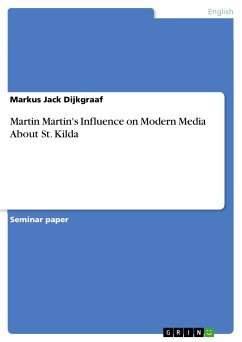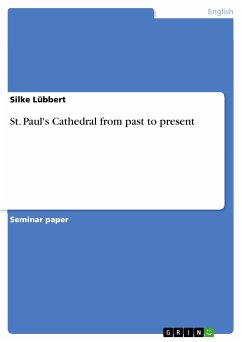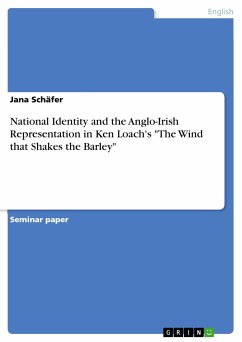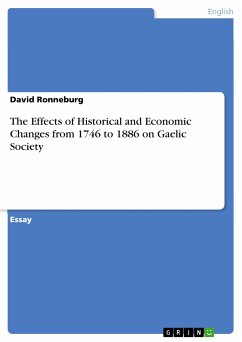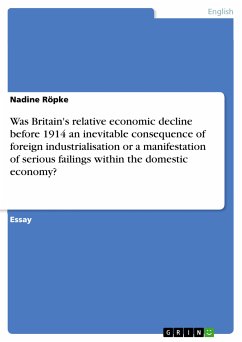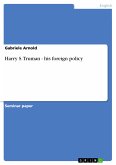Seminar paper from the year 2012 in the subject English Language and Literature Studies - Culture and Applied Geography, grade: 2,3, University of Rostock (Institut für Anglistik und Amerikanistik), course: St. Kilda: Perceptions and Construction of the Scottish Island through Time, language: English, abstract: The small Island of St. Kilda off the west coast of Scotland has inspired numerous people throughout the centuries to explore, investigate and describe its nature, history, inhabitants and remoteness. Martin Martin was the first to give a written first-hand account of his travels to the western Hebrides, when he embarked in May of 1697. Since then many others have followed in his footsteps as recently as 2008, when Kate Humble, Dan Snow and Steve Backshall went to the island for a BBC documentary. My goal is to show that Martin Martin had a huge influence on those who thematized this remarkable island after him, even transcending genre, by analysing the BBC documentary Britain's Lost World and the feature film The Edge of the World to discover language and images used by Martin Martin. The question to be answered is: Has the language and imagery of Martin Martin persevered throughout the centuries and transcended genres? In the first chapter I will analyse the different depictions of St. Kilda, its wildlife and inhabitants in the three different texts. The second chapter will compare all of them, show similarities and point out the exact intersections.
Bitte wählen Sie Ihr Anliegen aus.
Rechnungen
Retourenschein anfordern
Bestellstatus
Storno

